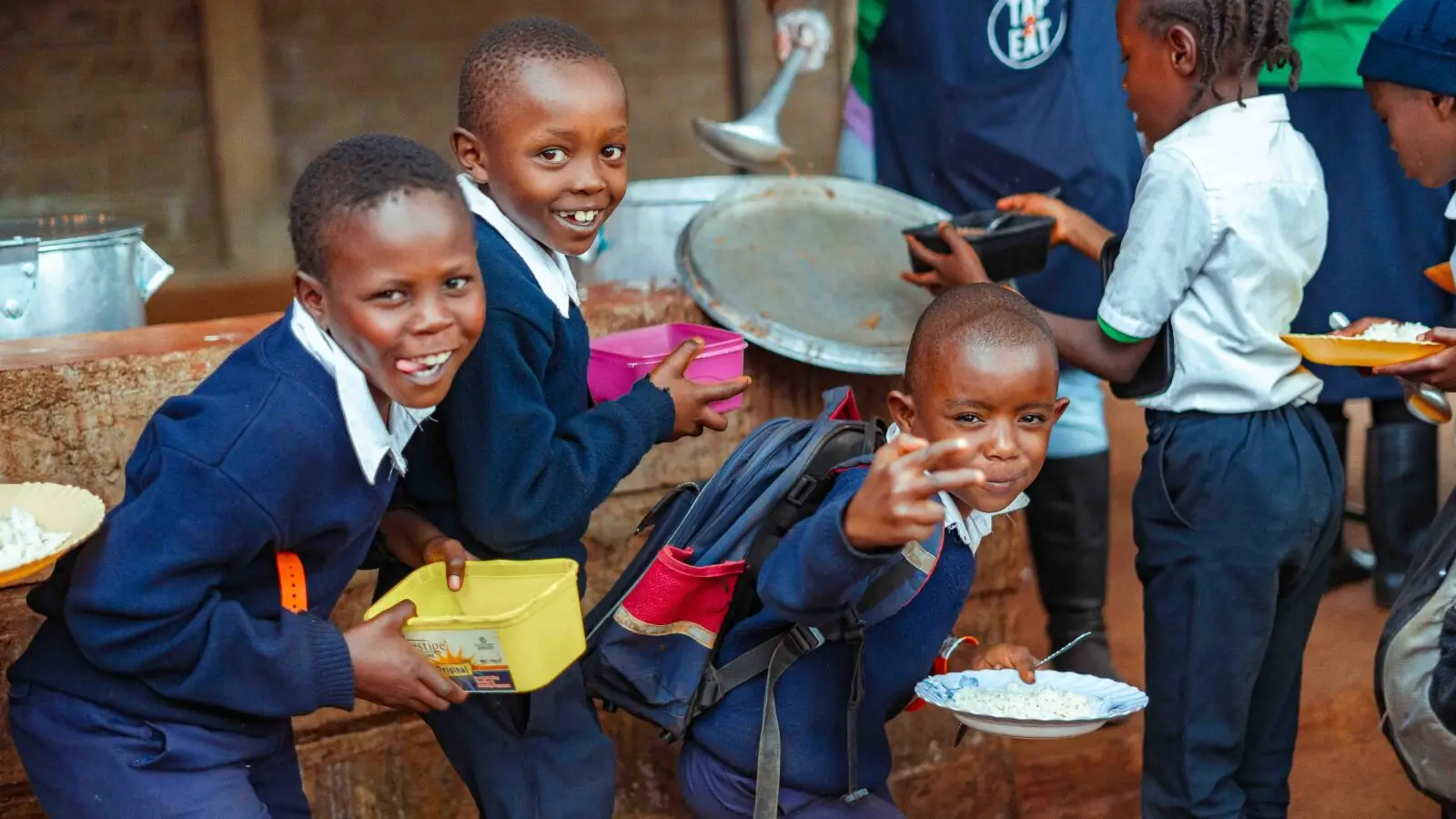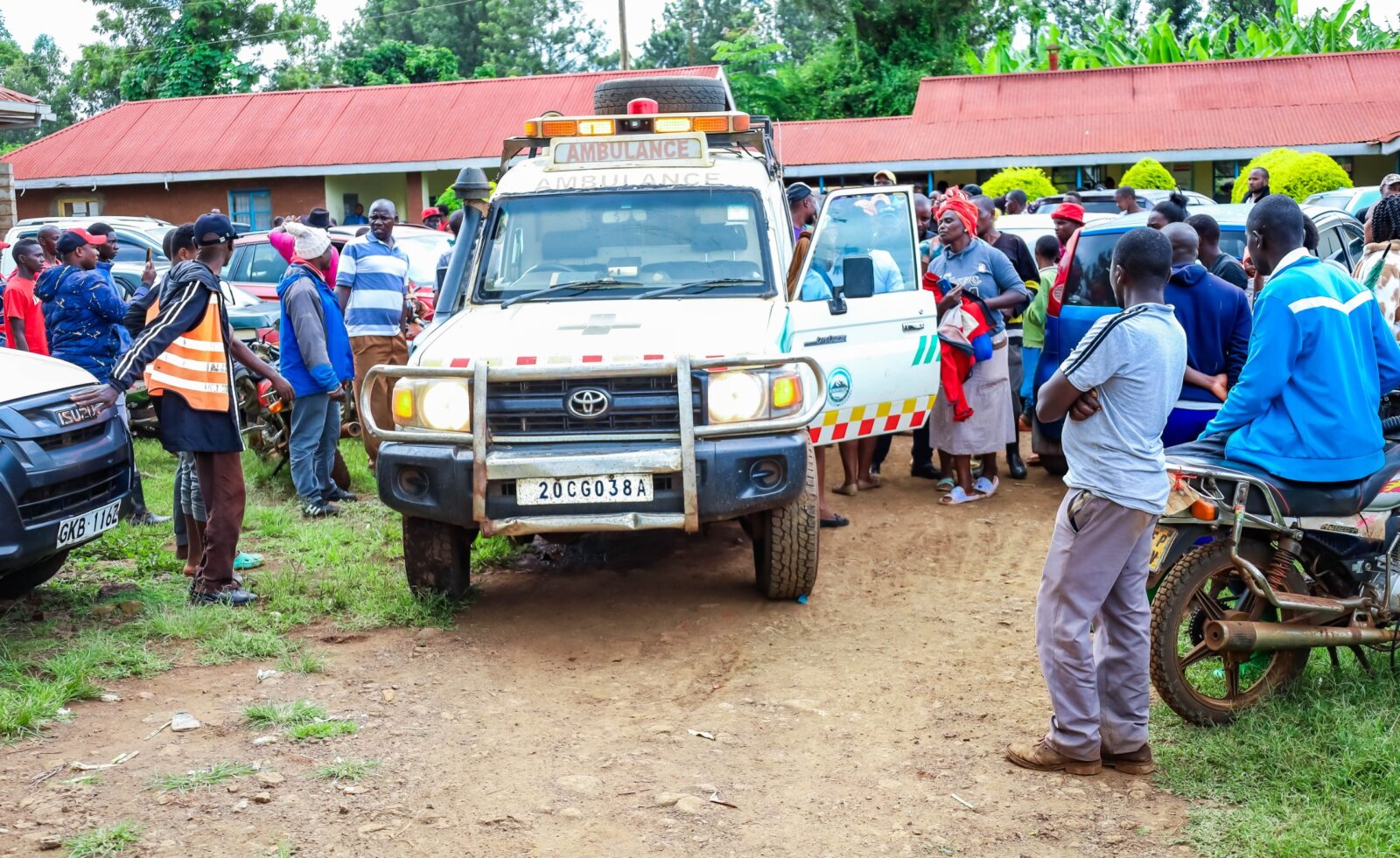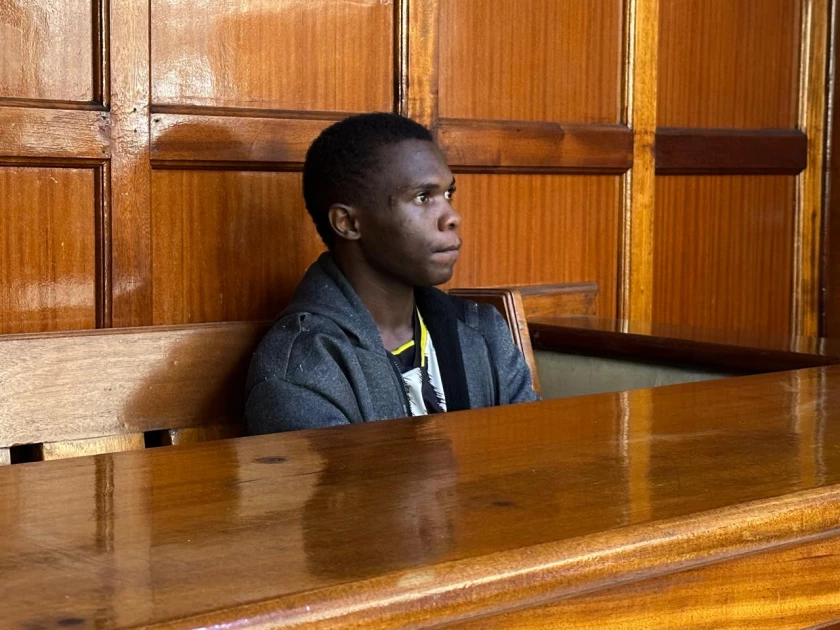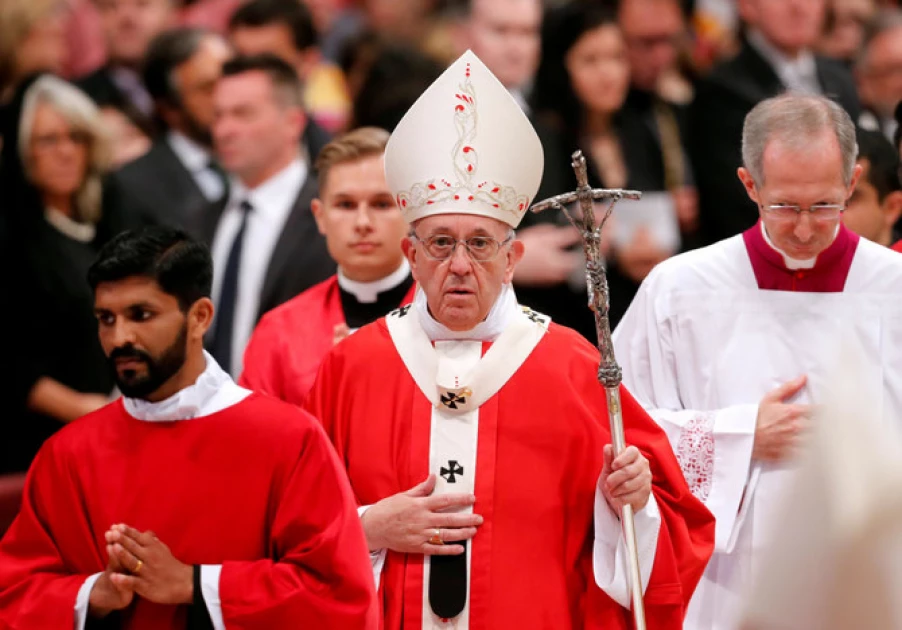Globally we understand that the communities most vulnerable to climate change are the ones least responsible for it. The same is true of our children. If we calculated who is most affected yet least responsible for climate change, African children would likely emerge as those owed the most on this intergenerational global balance sheet.
On World Children’s Day, we are reminded of the growing debt we owe to the next generation. Addressing that debt begins with meeting their fundamental needs, a mission at the core of Food4Education, the organization I founded and lead.
We are a homegrown school feeding programme, based in Kenya, which has grown from my kitchen sink 12 years ago to now feeding 450,000 children a day in schools across the country.
Through this work, we witness firsthand the devastating effects of hunger, poverty, social instability, and the climate crisis on children. These challenges, interconnected and cyclical, are particularly acute in Africa, where population growth will shape the future of our world.
In the next 25 years, one half of global population growth is expected to come from just eight countries: India, Nigeria, Pakistan, the Democratic Republic of Congo, Ethiopia, Tanzania, Indonesia and Egypt. One in four people on Earth will be African.
This means Africa’s children are all of our futures. And these children need us to listen to them now. If we do not listen to them now, we will certainly hear from them in the future.
Yet every day, across Africa millions of children experience the harsh reality of hunger in school, affecting not only their physical health but their cognitive and social-emotional development. Hungry kids can’t learn, nor can they listen, grow and thrive.
They certainly cannot become the backbone of the future global economy we will all rely upon to both survive and thrive in our shared future. That is why it is in all our interests to invest in their potential right now. To build a better future for our children, we need innovative, sustainable, and resilient solutions that truly make a difference.
My experience is that our locally rooted school-feeding initiatives, with sustainability built into our model, can effectively address the issues of childhood hunger while stimulating transformative change in food systems and strengthening community resilience against climate change.
No one solution is the answer, but the very solvable task of feeding kids a hot, nutritious meal every day, is also an incredible weapon against climate change when done with sustainability and resilience at its heart. If done right, it also supports thousands of small scale farmers, the frontline warriors in the fight against climate change in places such as Kenya.
Too often we can forget that the climate crisis is a very human crisis. We can abstract it and disconnect it from the real world around us. It is harder to do this when you listen to and try to support the hopes and dreams of children in the schools we work in, their parents in the jobs we create and the communities that we support.
Every child should have the right to an education and to sufficient standards of living. As we look to scale across Africa in the coming years our hope is that through our work we can make these a reality for millions more children on our continent. Sustainable school feeding supports vital child rights, whilst preserving our planet for future generations.
Wawira Njiru is the CEO and Founder of Kenyan non-profit Food4Education












